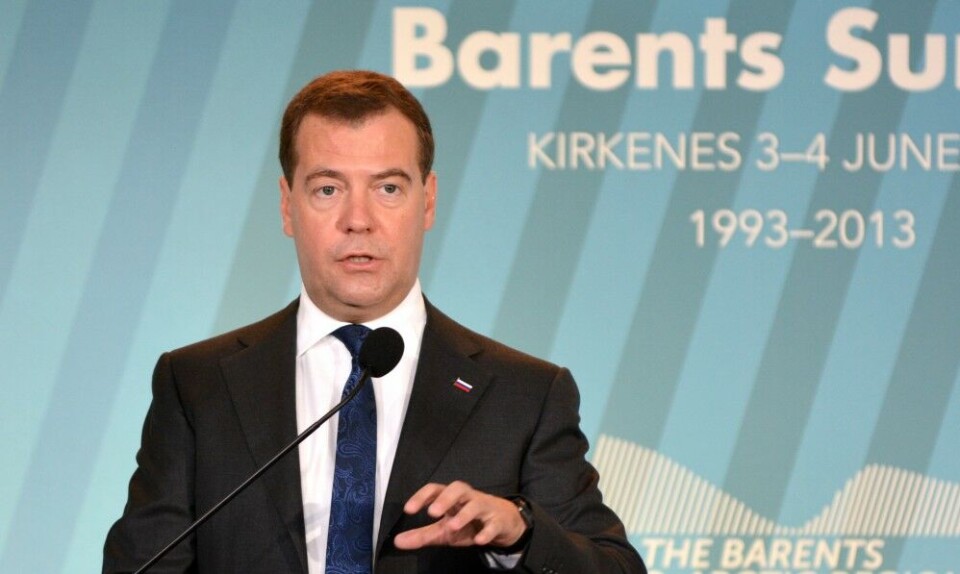
Dmitry Medvedev vows to reintroduce death penalty
After the Council of Europe on Friday suspended Russia’s rights of representation, the country’s deputy chairman of the Security Council says this is a good opportunity to restore the death penalty for the most severe crimes.
Capital punishment has not been allowed in Russia since then-President Boris Yeltsin in 1996 established a moratorium on the law, a ruling later confirmed by the country’s Constitutional Court in 1999.
No member country of the Council of Europe can have the death penalty.
On February 25, a day after Putin launched war on Ukraine, the Committee of Ministers in the Council of Europe decided to suspend Russia from its rights of representation, both in the Committee and in the Parliamentary Assembly.
The decision has immediate effect and is made as a direct result of Russia’s armed attack on Ukraine.
However, Russia is still a member of the Council of Europe and party to the relevant conventions, including the European Convention on Human Rights.
For the former Prime Minister, human rights seems to be a chapter of the past.
Commenting on the suspension of Russia, Dmitry Medvedev said this is a “good opportunity to restore a number of important institutions to prevent especially serious crimes, such as the death penalty for the most dangerous criminals.”
Quoted by RIA Novosti’s Telegram channel, Medvedev added that “by the way, [death penalty] is actively used in the USA and China.”
Dmitry Medvedev was President in the period 2008-2012 and served as Prime Minister from 2012-2002 after switching office with Vladimir Putin. Today, Medvedev is Deputy Chairman of the Security Council.
According to the Council of Europe, the Russian judge elected to the European Court of Human Rights remains a member of the Court, and applications introduced against the Russian Federation will continue to be examined and decided by the Court.
NOTE TO READER I:
The Barents Observer is awaiting an appeal case for the European Court against Russia on the censorship agency Roskomnadzor’s ruling to block the newspaper access to its internet readers inside Russia.
NOTE TO READER II:
The author of this article is awaiting an appeal case for the European Court against Russia on FSB’s ruling to ban entry to the country for working as a journalist.

















